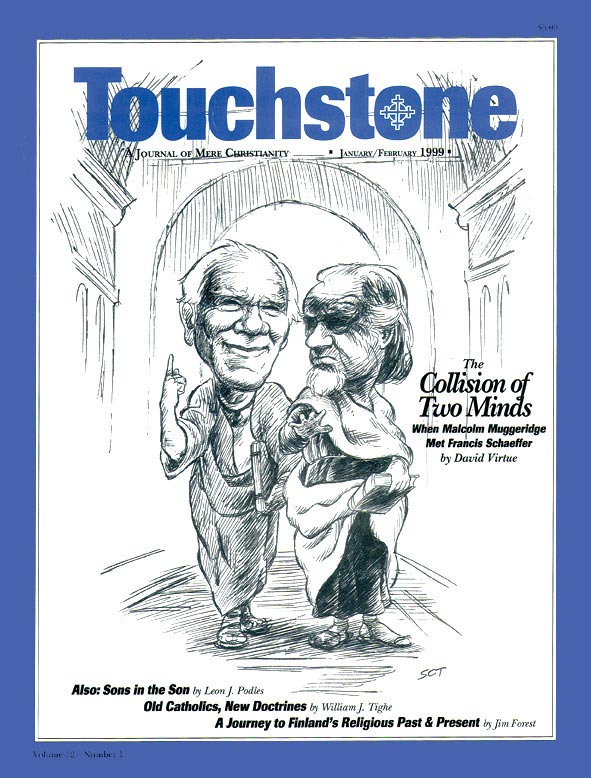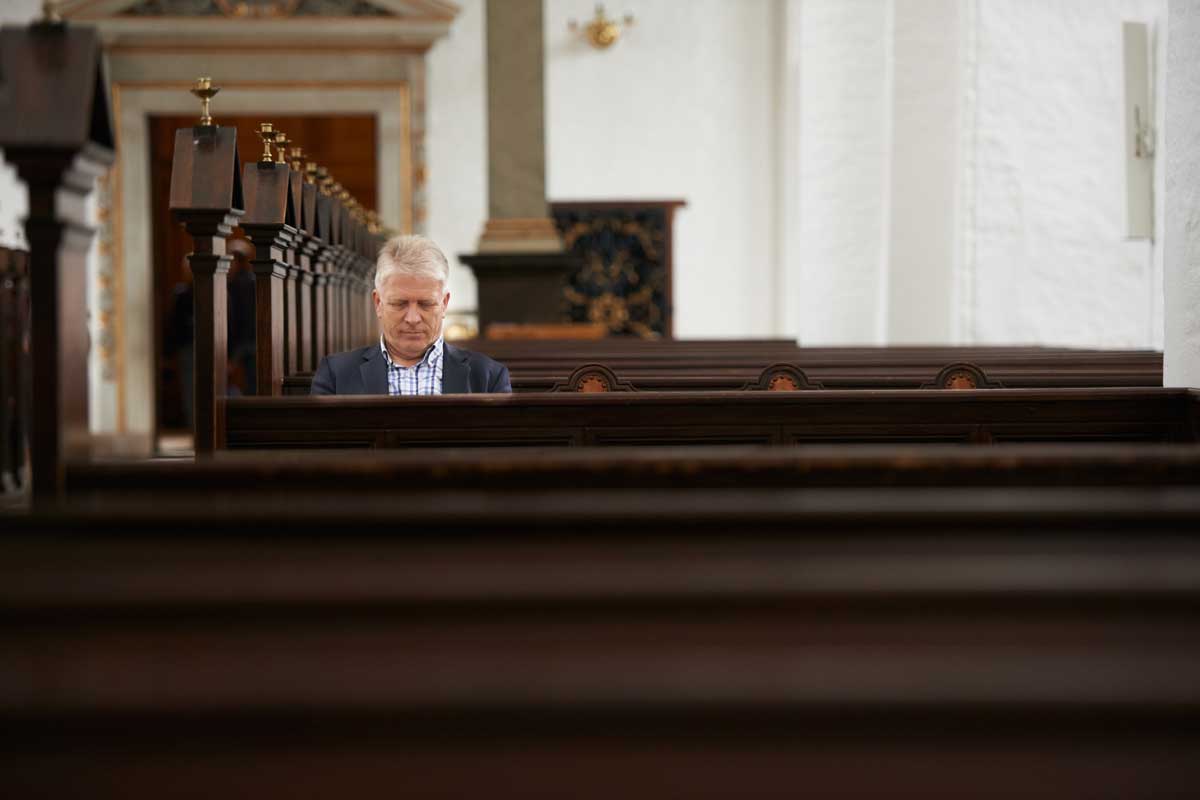Old Catholics, New Doctrines
The Demise of the Union of Utrecht
by William J. Tighe
The Union of Utrecht has fallen—or embraced a modern Anglican ecclesiology on the issue of women’s ordination, which amounts to much the same thing.
The “Union of Utrecht” is the term given, since 1889, to those Old Catholic churches that arose, for the most part, in the aftermath of Vatican I as a reaction to that council’s definition of the doctrine of papal infallibility in 1870. In recent decades this Old Catholic Communion has consisted of the Old Catholic Church of the Netherlands (with two bishops, one of whom, the archbishop of Utrecht, has much the same sort of role in the Utrecht Union as does the archbishop of Canterbury in the Anglican Communion), the Old Catholic Church of Germany (one bishop), the Christ-Catholic Church of Switzerland (one bishop), the Old Catholic Church of Austria (one bishop), the Polish National Catholic Church (PNCC) in the United States and Canada (six bishops), the Polish Catholic Church of Poland (three bishops), and some few congregations currently without bishops in the Czech Republic, Croatia, and Scandinavia.
Dutch Independence & Calvinism
The Dutch Church is the “mother church” of the Union of Utrecht Old Catholics, and its origins extend far back into the seventeenth century. The Netherlands won independence from Spanish rule in a struggle known to the Dutch as the Eighty Years War (1568–1648). What happened was that the northern portion of those territories over which the Spanish Habsburg kings ruled from 1519 to 1700 succeeded in breaking free, while the southern half (ancestral to modern Belgium and Luxembourg) did not.
At the beginning of this struggle religious issues were less important than issues of local self-government, taxation, and the privileges of the nobility, but Dutch Calvinists quickly came to be at the cutting edge of the revolt. They began to confiscate Catholic churches for their own use and ban the public practice of Catholicism in areas that they came to control. The Spanish, who might have been willing to compromise on political issues, were resolute in refusing to concede any degree of religious freedom to Protestants within their territories. Since the papacy and the local hierarchy backed the Spanish king in the struggle, the suppression of Catholicism and the establishment of Calvinism in the United Provinces (the name given to the new Dutch state) could be represented plausibly as at least as much a political as a religious necessity for achieving independence.
Still, it was not until late in the seventeenth century that Calvinism became numerically dominant over other groups in the Netherlands. Moreover, the Dutch acquisition in 1648 of territories up to that point under Spanish rule, in which the Catholic Church had consolidated its hold on the populace, ensured that a substantial proportion of the Dutch people would remain Catholic.
Old Catholic Origins
By the end of the seventeenth century the United Provinces had become a refuge not only for persecuted French Protestants, but also for French Catholic clergy adhering to that complex of theological and ecclesiological theory known as Jansenism. From the 1640s onward the papacy repeatedly condemned Jansenist ideas, finally and most comprehensively in the 1713 bull Unigenitus, but Jansenism continued to find adherents in France and elsewhere who attacked the authority of the papacy to condemn their ideas. Petrus Codde, archbishop of Utrecht from 1688 to 1710, was sympathetic to some Jansenist ideas and in 1702 was summoned to Rome to answer charges of Jansenism. Although no conclusion ever came to the case, the archbishop was suspended from the exercise of his office and remained under suspension until his death in 1710. From the time of Codde’s death onward Rome regarded the diocesan structure of the Netherlands as defunct and refused to confirm the candidates whom the Chapter of Utrecht—the term used to describe the body of Catholic clergy in the United Provinces—nominated to succeed Codde as archbishop.
The situation was transformed by the actions of Dominique Varlet, a missionary priest in Canada. In 1719, on his way to Persia to be consecrated coadjutor to the bishop of Babylon, he stopped briefly in the Netherlands. The Catholic clergy there persuaded him to confirm large numbers of people who, having been without a bishop for nearly twenty years, had been unable to receive that sacrament. Arriving in Persia he found himself bishop of Babylon, as his predecessor had died two years earlier, but a few months later he received a papal brief suspending him as bishop because he had confirmed “Jansenist schismatics.” He was summoned to Rome to answer charges of Jansenism but went to the Netherlands instead and soon afterwards declared his refusal to subscribe to Unigenitus.
William J. Tighe was Professor of History at Muhlenberg College in Allentown, Pennsylvania, until his retirement in 2024. He is a member of St. Josaphat Ukrainian Catholic Church in Bethlehem, Pennsylvania.He is a senior editor for Touchstone.
subscription options
Order
Print/Online Subscription

Get six issues (one year) of Touchstone PLUS full online access including pdf downloads for only $39.95. That's only $3.34 per month!
Order
Online Only
Subscription

Get a one-year full-access subscription to the Touchstone online archives for only $19.95. That's only $1.66 per month!
bulk subscriptions
Order Touchstone subscriptions in bulk and save $10 per sub! Each subscription includes 6 issues of Touchstone plus full online access to touchstonemag.com—including archives, videos, and pdf downloads of recent issues for only $29.95 each! Great for churches or study groups.
Transactions will be processed on a secure server.
more from the online archives
calling all readers
Please Donate
"There are magazines worth reading but few worth saving . . . Touchstone is just such a magazine."
—Alice von Hildebrand
"Here we do not concede one square millimeter of territory to falsehood, folly, contemporary sentimentality, or fashion. We speak the truth, and let God be our judge. . . . Touchstone is the one committedly Christian conservative journal."
—Anthony Esolen, Touchstone senior editor









